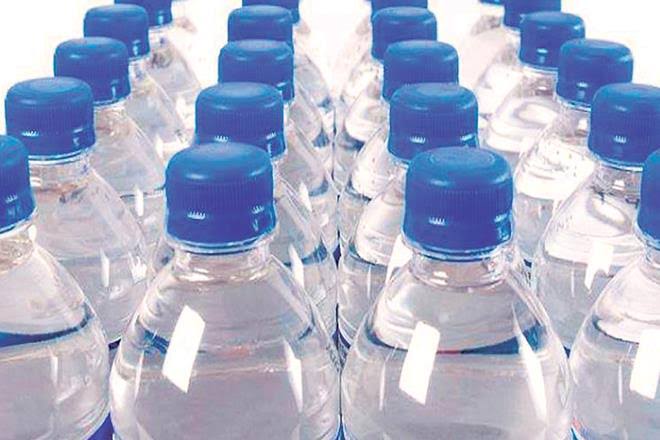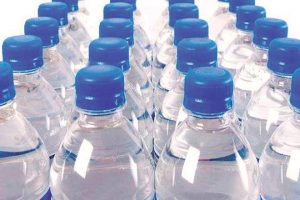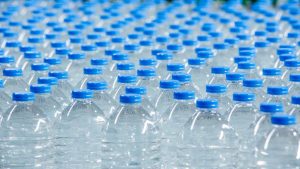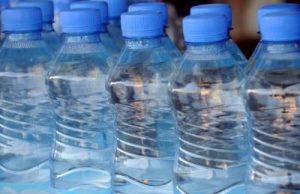For ‘young’ people, starting your very own business and becoming self employed is the most suitable alternative to the ever growing hard to get 9 to 5 jobs. Starting a business is always the best alternative to the ever elusive jobs.
A survey by the Kenya National Bureau of Statistics (KNBS) revealed that seven (7) million Kenyans are unemployed. An additional figure of over 1.4 million are actively looking for employment. With those figures, it is easy to see why more and more people are looking for alternatives.
Because we know very many business ventures require huge amounts of capital to get started, this new How To series will only show you how to start and execute several small business that require capital from as little as 5,000 Kenyan Shillings. Thus giving you the keys to the kingdom of starting a profitable business with little or no capital.
If you are also just looking for a side hustle to maybe supplement your 9 to 5 or full time job, this is for you.
All that you need to thrive in these businesses besides capital, is good customer service of course, great managerial skills, a suitable business location, and a clear cut vision.
Today’s article will show you how to set up your very own Bottled Water business in Kenya. While this is not exactly a 5,000 Kenyan Shillings capital business, I am sure you would agree that this is also a very viable option.
There are currently around 600 registered bottled water companies operational in Kenya. Of the 600 registered bottled water companies, only five (5) (Aquamist, Dasani, Highlands, Keringet which has been operating since 1992 and Quencher), are dominating the bottled water sector.
Do not let that discourage you though, the fact that there are 595 other bottles companies is proof that there is more than enough room for anyone interested in that sector, to strive. Especially when your location, price, distribution and marketing, are done right. Not to mention the fact that Water is also a cheaper, better and more beneficial alternative to soft drinks as well as alcohol.
That just goes to show you how profitable yet crowded the business is. Getting yourself out there, to a shelf is not an easy task.
How To Start A Bottled Water Business In Kenya
How much do you need to start a Bottled Water business? What paperwork, and or equipment are you required to have in Kenya? If you are considering this option, here is everything you will need to kickstart your Bottled Water business in Kenya.
- Use A Water Treatment Method. There are numerous ways to treat water in order to make it drinkable. Many experts advise that you combine a few of these methods, to ensure the utmost purity for drinking. Here are a few treatment methods:
- Reverse Osmosis Membrane Filtration. This treatment method, makes use of pressure to push the water through extremely small pores. It effectively treats water against microbes, as well as mineral and chemical and contaminants. The equipment for the Reverse Osmosis Membrane Filtrarion method cost between 350,000 Kenyan Shillings to 700,0000 Kenyan Shillings. The operating cost also lies between 0.43 Kenyan Shillings to 2.08 Kenyan Shillings per litre.
- Basic Filtration. This is the most common and method available and is employed in most homes. You can also combine this with other water treatment methods. Basic Filtration handles all the suspended sediments and solids that are found in water. It does not however, treat trace contaminants, as well as salinity. Make sure that the filter you use, is a particle filter with small pores. You can also use carbon filters. This is because, activated carbon filters agricultural and industrial elements.
- Ultraviolet Radiation. The Ultraviolet Radiation water treatment method, is strictly focused on pathogenic microbes. As a result, it advisable that you use this method, in combination with others. The equipment for the Ultraviolet Radiation method costs between 50,000 Kenyan Shillings to 350,000 Kenyan Shillings. The operating cost stands at 0.38 Kenyan Shillings per litre.
2. Testing The Quality Of Your Water. The thing after treatment, is to test the quality of your water to see if it is now suitable for consumption. Especially because a few bottled water brands have been accused of being substandard. The contaminants that water is mainly tested for are Industrial Contaminants, Microbes, Suspended Solids, trace contaminants like Flouride which occur naturally and of course Salinity. Industrial contaminants.
The cost for testing the quality of your water, ranges from 700 Kenyan Shillings to 5000 Kenyan Shillings. A number of organizations offer the service of testing the quality of water. Including the Kenya Bureau of Standards (KEBS), which also certifies your product as well making it the obvious choice. there are a couple of quality organizations you can test from, the most obvious being KEBS. Other companies that test the quality of water however, are SHS Kenya (which is located at Victoria Towers, Upper Hill), AgriQ-Quest Kenya (which is located at Plessey House, Baricho Road) and Nairobi Water Conservation and Pipeline Corporation (which is located at Dunga Road, Industrial Area).
3. Branding And Packaging. After deciding on your water treatment methods the next thing is the branding (name, logo design if need be) and the bottling/packaging.
4. Effective distribution. To move your product (water), you will need an effective distribution network. Be sure to enlist the ‘help’ of Retailers (entrepreneurs who buy bottled water from wholesalers and sell them to customers to sell at the market price), Wholesalers (who get the bottled water directly from the manufacturers and then proceed to distribute the bottled water goods to retailers at less than the market price), and the street vendors and hawkers who go not have physical shops and are for the most part, mobile.
And that is it! All you need to know about starting your very own Bottled Water business.
Is the Bottled Water business suitable for you? That question, is left for you to think on and answer. This writer’s goal is to open your eyes to the various entrepreneurial opportunities that abound in the country.
Also while the prospects are very promising please have a realistic approach as well. As with any business, there is a chance that you might incur losses. Especially at the beginning. The majority of your potential customers which will be students, will mostlybe busy with school, so they may not be as regular as you hope. Therefore, keep your overheads low.
Was this article helpful? Are there any other How To topics you would like us to write on? Feel free to reach out to Mpesa Pay in the comment section.





